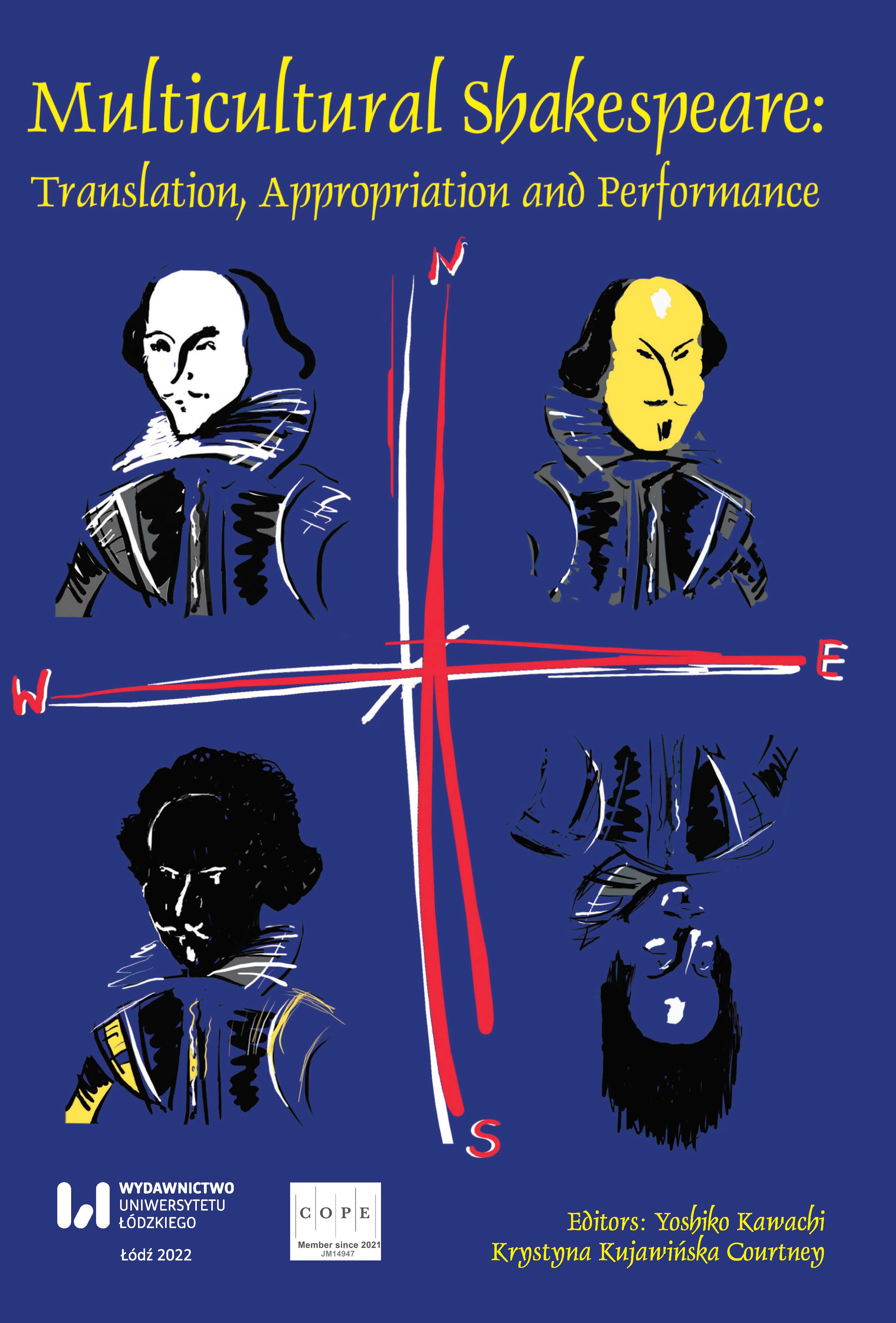The Enemy Other: Discourse of Evil in William Shakespeare’s "The Tempest"
The Enemy Other: Discourse of Evil in William Shakespeare’s "The Tempest"
Author(s): Ayman Abu-ShomarSubject(s): Philosophy, Language and Literature Studies, British Literature
Published by: Wydawnictwo Uniwersytetu Łódzkiego
Keywords: discourse of evil; William Shakespeare; deconstruction; post-colonial criticism; European renaissance
Summary/Abstract: Caliban, the ‘enemy Other’ of William Shakespeare’s The Tempest, is a character that allows further investigations of the colonial ideology in its earliest forms; locating ‘evil’ forces outside the continent of Europe and the White race. Caliban, the only non-European character, is typified as the autocratic antagonist of the play whose evil intentions and actions cannot be redeemed. Against such representation, the essay argues that the villainous discourse attributed to Caliban is informed by Renaissance theological doctrines escorted by an emergent colonial ideology. It argues that, at a semantic level, the employment of the concept of ‘evil’ often serves as an intensifier to denounce wrongful actions. At a moral level, however the term is often contested on the basis that it involves unwarranted metaphysical commitments to dark spirits necessitating the presence of harmful supernatural creatures. To attribute the concept to human beings is therefore essentially problematic and dismissive since it lacks the explanatory power of why certain people commit villainous actions rather than others. Hence, the epistemological aporia of Caliban’s ‘evil’ myth reveals an inevitable paradox, which concurrently requires locating Caliban both as a human and unhuman figure. Drawing on a deconstructionist approach, the essay puts the concept of ‘evil’ under erasure, hence, argues that Caliban’s evilness is a mere production of rhetoric and discourse rather than a reality in itself. This review contributes to the intersecting areas of discourse, representations, and rhetoric of evil within the spectrum of postcolonial studies.
Journal: Multicultural Shakespeare: Translation, Appropriation and Performance
- Issue Year: 25/2022
- Issue No: 1
- Page Range: 95-113
- Page Count: 19
- Language: English

